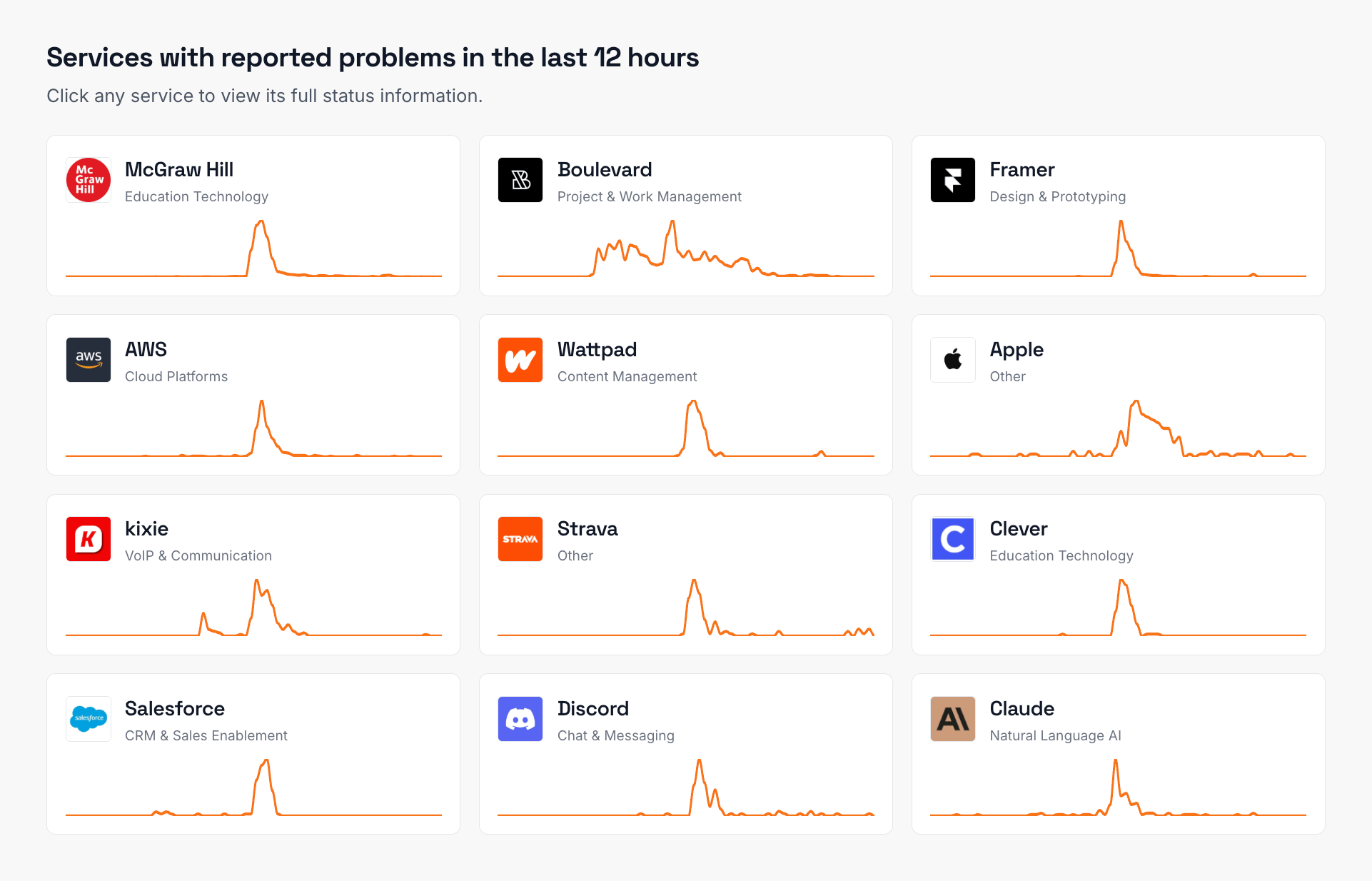What is on-call, and why is it important?
Your company has a product/service that needs to be up and running 24/7 or serving customers worldwide? Heads up, you might need an on-call team.
In this article, we’ll start with the basics of what is on-call and why it is important.
What is on-call?
There is no easy definition for on-call work. Still, you can define it as a kind of schedule that the company and an employee define. The employee needs to be available during that period to respond to any demand, usually something unexpected and urgent.
The employee needs to be available independent if they are sleeping, doing some errands, or at work. They need to leave everything behind and respond properly to the situation. They will need to be prepared with whatever tools they need. It’s not just showing up.
We will tackle this in a future article, but employees are usually paid for on-call on top of their base salary.
Setting up on-call it’s not simple. There are a lot of caveats that you need to take into account.
- How to organize Rotation and Scheduling?
- How to compensate on-call employees?
- What tools to use?
- Best practices when managing on-call people.
- How to escalate incidents?
Why is on-call important?
As was mentioned, when a company becomes bigger, works in a larger market, and needs to be available 24/7, it needs to have some employees available to tackle urgent situations that cannot wait for the next day.
Imagine a SaaS/Online Store that sells worldwide, with customers expecting the service to be available 24/7. What happens when the infrastructure goes down?
As customers demand almost 100% availability, companies must start thinking about how to solve that. Usually, the response is on-call teams. They will ensure that you get back on your feet ASAP and/or communicate with your customers to control the damage.
The on-call team is the 1st tier to act when something is wrong. They do their best to understand the severity of the situation and do the first steps of incident management. Warning the internal teams. Updating the status page to control the flow of tickets to the support team, actively addressing concerns that clients might be experiencing. When the error comes from a 3rd-party service provider, contact their support team to get an update ASAP.
Overall, on-call teams bring a sense of trust to customers, as they will see issues being communicated and solved promptly. As well as internally, people can sleep more rested knowing that if something happens, a team is available to take care of it.
 Nuno Tomas
Founder of IsDown
Nuno Tomas
Founder of IsDown
The Status Page Aggregator with Early Outage Detection
Unified vendor dashboard
Early Outage Detection
Stop the Support Flood
Related articles
Never again lose time looking in the wrong place
14-day free trial · No credit card required · No code required





